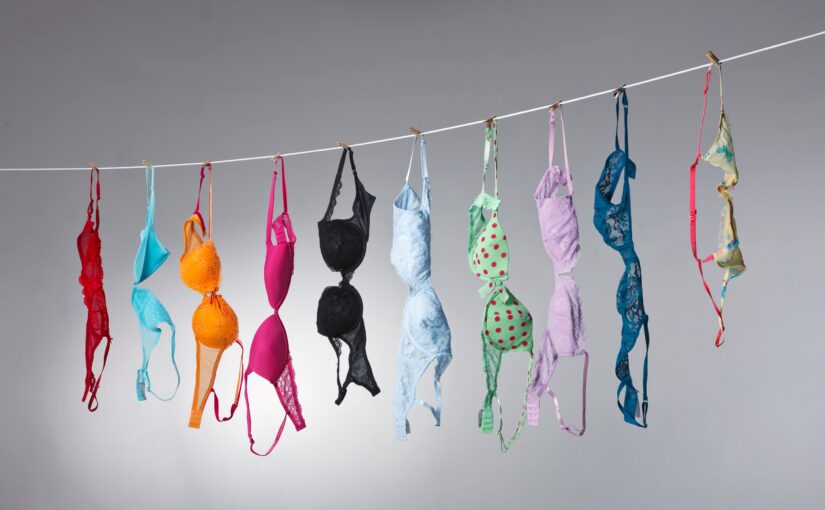Breast reconstruction surgery is an important part of the recovery process for many women who have had mastectomies. It can be a difficult time, but following your surgeon’s advice can make the process simple. Whether you are looking to get back your confidence or you simply want to avoid any feelings of discomfort after surgery, read on and learn more about what to expect when recovering from breast reconstruction surgery.
Possible Risks During and After Reconstruction Surgery
Necrosis, infection, and bleeding are some possible risks during surgery. Choosing a reputable surgeon will help you avoid these complications.
After surgery
Possible symptoms to expect after reconstruction surgery include increased pain or discomfort in the chest area due to swelling or inflammation, thickening of breast tissues, nipple/areolar sensation changes, and numbness around the reconstructed breasts. There can also be a temporary increase in bruising through your entire body as well as localized scar tissue formation near incisions that may cause itching or tightness. You will also have drainage tubes inserted into both sides of your breasts for a few days which will need to remain until they are no longer draining fluid from your surgical sites. The sensation from these drains usually decreases over time, but you should not try pulling on them because it can increase the risk of infection at your surgical sites.
Risks of Infection
Infection can happen if your reconstructed breasts become exposed to bacteria. This may occur due to the drainage tubes or changing bandages and dressings on your surgical sites. You should also be aware of any signs and symptoms that you might have an infection such as increased redness, swelling, excessive bleeding from stitches or around drains; development of pus-like fluids which smell foul; fever with chills; or pain in the chest area that’s worsening instead of improving over time. If you suspect it is an infection, call a healthcare provider immediately for treatment options as soon as possible.
Risks of capsular contracture
Capsular contracture is a complication that can happen when scar tissue forms around your breast implant. This usually occurs within the first year of surgery, and symptoms include changes in shape, firmness, or feel of breasts. There may also be pain or discomfort in the chest area that’s worsening instead of improving over time. While capsular contracture cannot be prevented, you can take certain steps to reduce your risk for this condition by following the post-operative care instructions provided by your healthcare provider carefully.
Recovering after reconstruction surgery
Recovering after breast reconstruction surgery can take time, but with the right support and knowledge there will be less difficulties. After the implant surgery, one may feel sore or tired for possibly a week. The breasts may swell or feel tight for a few days following surgery, especially if you had an implant inserted beneath the chest muscle (submuscular placement). Swelling can last up to six months in some cases, but it’s important not to worry because this is completely normal after getting cosmetic breast implants. Discharging from the hospital typically occurs around 24 hours after surgery, though some patients can return home sooner if their surgeries were less complicated. You will be given specific instructions on how to care for your surgical sites and what you can expect throughout the recovery process so follow them carefully. An example is how to deal with drains put in place after surgery, this will allow you to avoid too much discomfort and reduce the risk of infection.
Schedule a Consultation
The first and most important step to take after reconstruction surgery is consulting with your doctor for exact instructions on how you should care for yourself. He or she will be able to provide the best guidance based on their experience as well as information that they’ve gathered from other patients who have undergone similar procedures. This can help ensure a speedy recovery process by reducing risk factors such as infection, capsular contracture, etc. Feel free to contact Dr. Lawrence Rosenberg at The Plastic Surgery Center in Lutherville, Ellicott City, or Crofton, Maryland.





